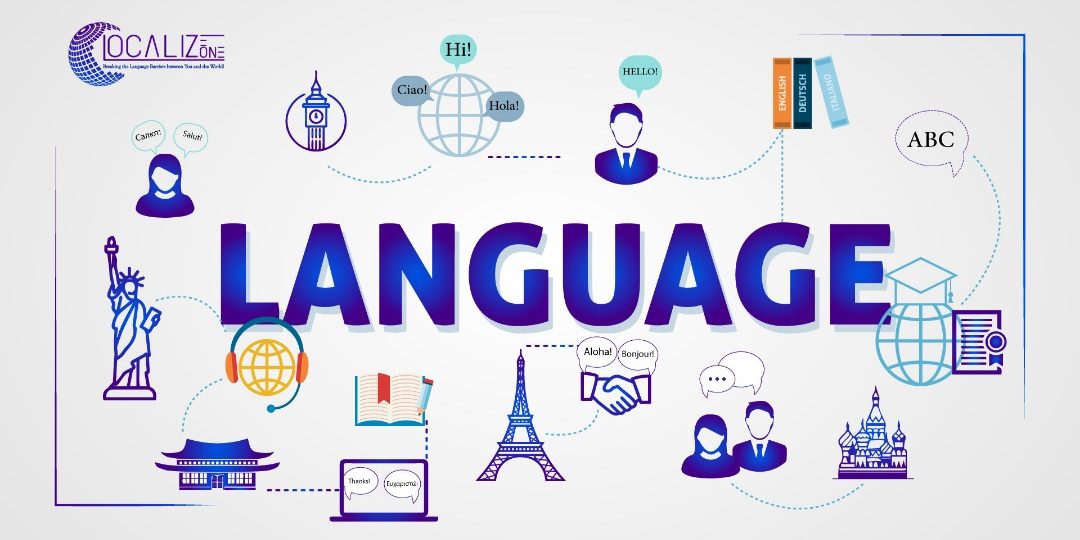
Theories of the origin of language are first discussed from a linguistic point of view in secular writing. Evolution had less effect on linguistics than on other social sciences, yet history shows that secondary effects were felt.
According to a study done by Dr. Quentin Atkinson, every language in the world has evolved from a prehistoric “mother-tongue” that was first spoken in Africa tens of thousands of years ago. What’s astonishing about this evidence of the origin of language coming out of Africa is that it fits with the theory most scientists agree with and that is the “Out of Africa” theory. This theory basically states that early humans originated from Africa and migrated throughout the continent and eventually spread throughout the world. This evidence that language originated in Africa will now back up this theory that humans originated from Africa.
There are many theories about the origins of language. Many of these have traditional amusing names (invented by Max Müller and George Romanes a century ago), and I will create a couple more where needed.
- The mama theory. Language began with the easiest syllables attached to the most significant objects.
- The ta-ta theory. Sir Richard Paget, influenced by Darwin, believed that body movement preceded language. Language began as an unconscious vocal imitation of these movements — like the way a child’s mouth will move when they use scissors, or my tongue sticks out when I try to play the guitar. This evolved into the popular idea that language may have derived from gestures.
- The bow-wow theory. The language began as imitations of natural sounds — moo, choo-choo, crash, clang, buzz, bang, meow… This is more technically referred to as onomatopoeia or echoism.
- The pooh-pooh theory. The language began with interjections, instinctive emotive cries such as oh! For surprise and ouch! for pain.
- The ding-dong theory. Some people, including the famous linguist Max Muller, have pointed out that there is a rather mysterious correspondence between sounds and meanings. Small, sharp, high things tend to have words with high front vowels in many languages, while big, round, low things tend to have round back vowels! Compare itsy bitsy teeny weeny with the moon, for example. This is often referred to as sound symbolism.
- The yo-he-ho theory. The language began as rhythmic chants, perhaps ultimately from the grunts of heavy work (heave-ho!). The linguist A. S. Diamond suggests that these were perhaps calls for assistance or cooperation accompanied by appropriate gestures. This may relate yo-he-ho to the ding-dong theory, as in such words as cut, break, crush, strike…
- The sing-song theory. Danish linguist Jesperson suggested that language comes out of play, laughter, cooing, courtship, emotional mutterings, and the like. He even suggests that, contrary to other theories, perhaps some of our first words were actually long and musical, rather than the short grunts many assume we started with.
If we are indeed the only creatures with this special capacity for language, then will it be completely impossible for any other creature to produce or understand language?








